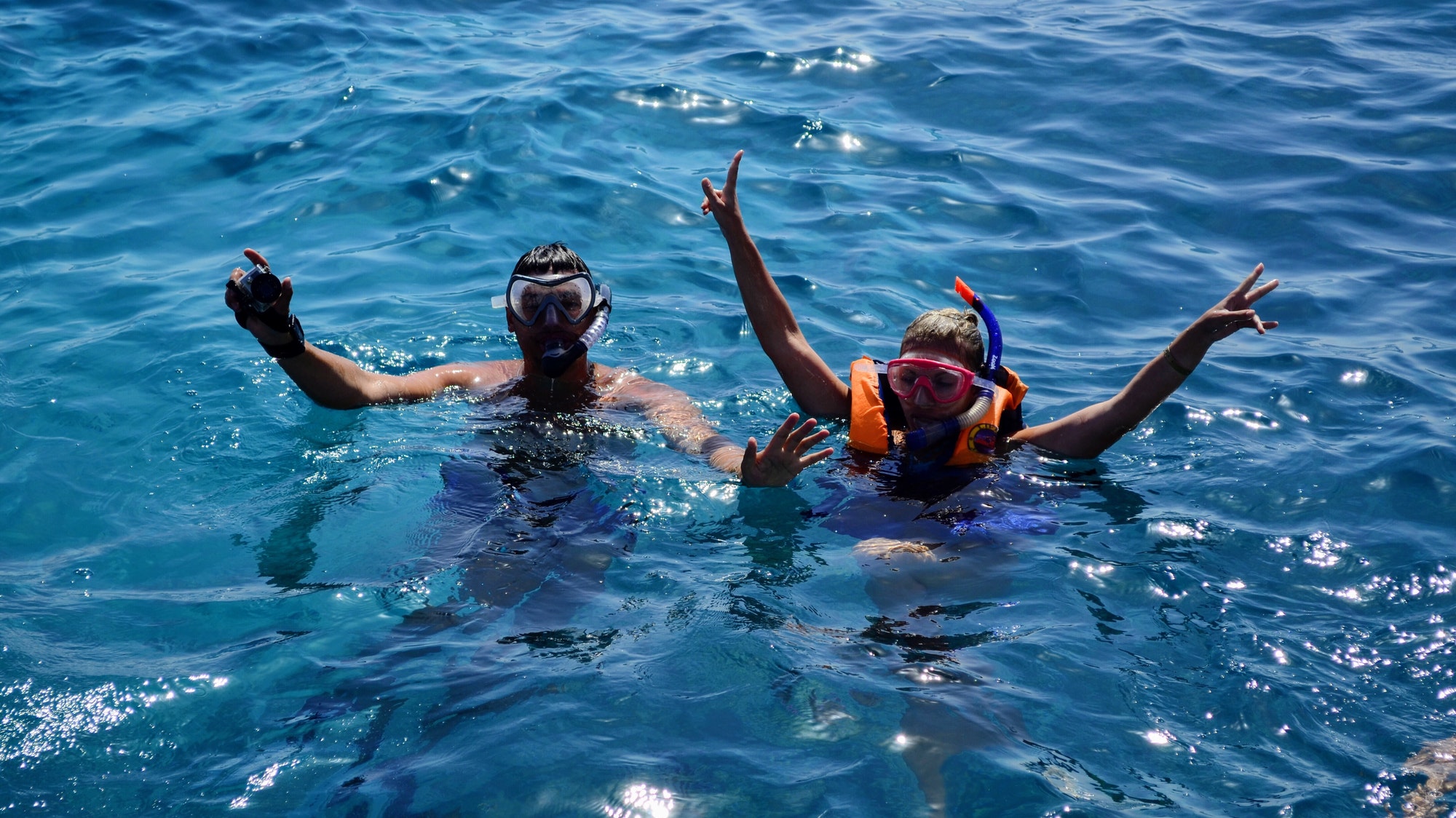
Free diving involves a combination of breathing through a mask and mouth, or holding one’s breath underwater, with a weighted sled. This technique allows you to go deeper than you’d think, and without the aid of an inflatable air tank. Although freediving is a team sport, the first diver descends with a marble slab attached to a rope, and the second diver stays on the surface to wait for the other to reach the desired depth.
While freediving, divers must learn hand signals to communicate underwater. While underwater divers cannot talk, they can still use hand gestures to communicate. One of the most common is the “ok” signal. The diver holds the forefinger and thumb together and holds up the rest of his fingers. The “ok” signal is a way to confirm that everyone is ok and to check if everything is in order. The first few dives will be easier than later ones, but it is important to practice your hand signals before heading out into the water.
Blackouts occur when partial pressure of air drops too low. While this rarely happens, it is still possible to fall unconscious while free diving. It happens 90% of the time when a diver is on the surface. During this time, the diver will take two or three breaths and will give an OK sign, but will then go black. In fact, most first-timers who try free diving don’t know this hazard, and they have learned about it from their dive buddy.
Another difference between scuba diving and free diving is the way scuba divers descend. Scuba divers use a tank of breathable air, while free divers train to hold their breath underwater. Herbert Nitsch, a German free diver, has set a world record at 253.2 meters (830.8 feet). He was able to hold his breath for nine minutes while swimming at a depth of 253.2 metres. Although both methods are risky, they are equally enjoyable and safe.
While freediving is not a substitute for scuba diving, it can help improve your snorkeling skills and mental toughness. It can also help you to get used to the freedom of breathing in the water. You can also learn to do this by taking a freediving course. The most common advantage of freediving is the mental challenge it presents. The benefits of freediving are many. You’ll develop better breathing and water awareness skills.
Freediving is a type of scuba diving whereby you descend vertically using a rope or line. This is an advanced form of scuba diving, and you should be trained for it before diving more than 40 metres. Freedivers can reach depths of up to 332.3 metres, which earned them the title of “Deepest Man on Earth.” The mask used in freediving is usually smaller than a standard scuba mask, and it’s similar to swim goggles. In addition, many freedivers use longer fins to help with their movements. Some freedivers also use monofins.
